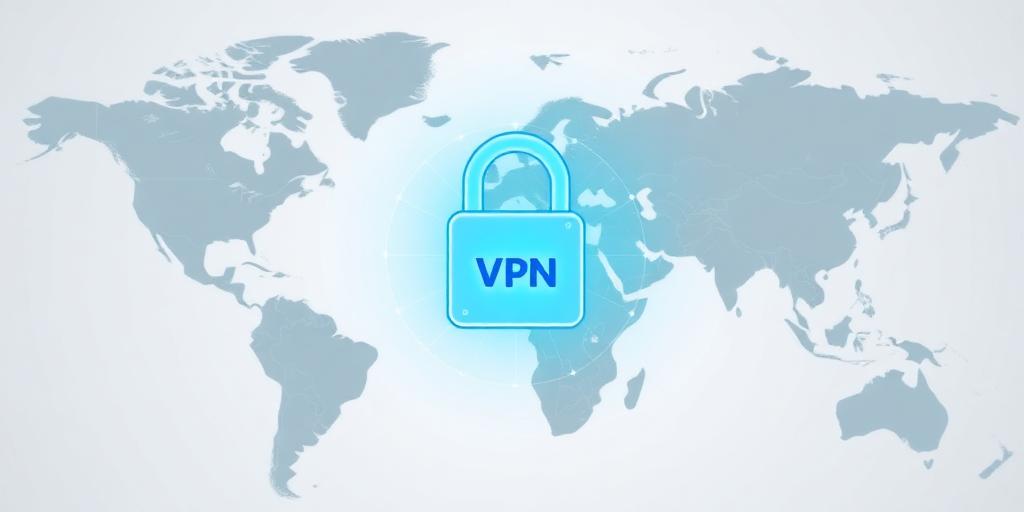In today's digital age, online privacy is paramount. Virtual Private Networks (VPNs) have emerged as essential tools for safeguarding personal data and maintaining anonymity on the internet. A key selling point for many VPN services is their "no-logs" policy. But what does this promise truly mean, and how can users ensure their VPN is genuinely not tracking their online activities?
Understanding VPN Logging Policies
At its core, a VPN's logging policy outlines what data the provider collects and stores about its users' internet usage. A "no-logs" policy, in theory, means the VPN does not retain any information that could link online activities back to a specific user. This includes browsing history, IP addresses, connection timestamps, and data content.
However, the devil is often in the details. Not all "no-logs" policies are created equal. Some VPNs might claim to keep no logs while still collecting some metadata, such as the total bandwidth used, which server locations were connected to, or the dates of connection. While seemingly innocuous, even this minimal data retention can potentially compromise user privacy if subpoenaed by law enforcement.
Types of Logs VPNs May Keep
To fully grasp the implications of a VPN’s logging policy, it's important to understand the different types of logs they might keep:
- Connection Logs: These logs record information about connection times, session durations, and the IP addresses used to connect to the VPN. A true "no-logs" VPN should not keep this data.
- Usage Logs: Usage logs track the websites visited, files downloaded, and applications used while connected to the VPN. A strict "no-logs" policy prohibits the retention of this type of data.
- Bandwidth Logs: These logs monitor the amount of data transferred during a session. Some VPNs argue that they need to monitor bandwidth to ensure fair usage and prevent abuse, but privacy-focused VPNs avoid this practice.
- Aggregate Logs: Aggregate logs combine anonymized data from multiple users to gain insights into server performance or network usage. These logs are generally considered less privacy-invasive, as they cannot be linked back to individual users.
Evaluating a VPN’s "No-Logs" Promise
Here are some key factors to consider when evaluating a VPN's "no-logs" promise:
- Jurisdiction: The legal jurisdiction in which the VPN operates is crucial. Some countries have mandatory data retention laws that may force VPN providers to keep logs, regardless of their stated policies. Opting for a VPN based in a privacy-friendly jurisdiction, such as Switzerland or Panama, can offer greater assurance.
- Independent Audits: Look for VPNs that have undergone independent audits by reputable third-party cybersecurity firms. These audits verify the VPN's claims and provide transparency to users.
- Transparency Reports: Check if the VPN publishes transparency reports that detail the number of data requests they have received from law enforcement and how they have responded. A VPN with a genuine "no-logs" policy should have nothing to hand over.
- Payment Methods: Consider using cryptocurrency or other anonymous payment methods when subscribing to a VPN service. This further reduces the amount of personal information associated with your account.
- Read the Fine Print: Always carefully review the VPN's privacy policy and terms of service. Pay close attention to the language used to describe their logging practices. If anything seems vague or ambiguous, it's best to seek clarification or choose a different provider.
The Importance of Due Diligence
In conclusion, the "no-logs" promise is a cornerstone of VPN privacy, but it requires careful scrutiny. By understanding the different types of logs, evaluating a VPN's jurisdiction and policies, and conducting thorough research, users can make informed decisions and choose a VPN that truly respects their privacy.









